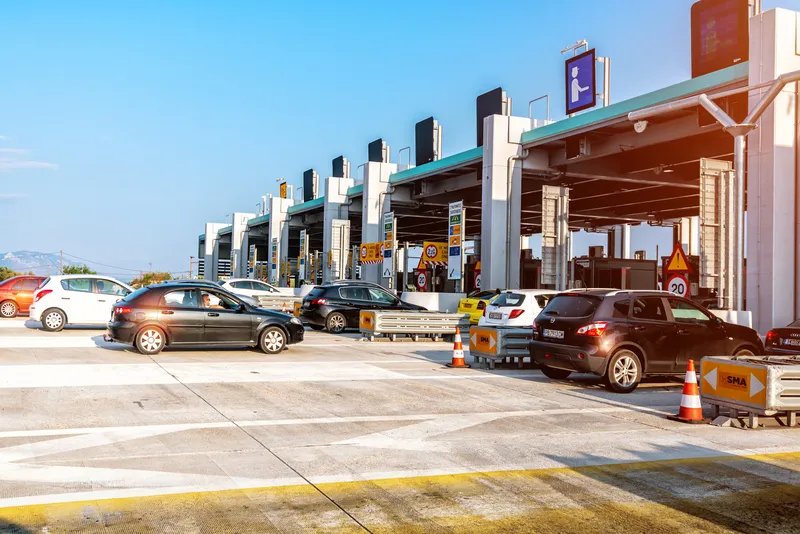The legal framework for what the German authorities call an ‘infrastructure use charge’ has been in place since 2015, and requires passenger vehicles using the country’s highways to pay a vignette of no more than €130 per year.
The legal sticking point is that, while owners of vehicles registered in Germany qualify for relief from motor vehicle tax “to an amount that is at least equivalent to the amount of the charge that they will have had to pay”, foreign drivers do not enjoy such a concession.
In a rare example of one EU member state in effect taking legal action against another via the ECJ, Austria (backed up by the Netherlands) argued that this put drivers from countries outside Germany at a financial disadvantage. The ECJ has agreed, saying: “The infrastructure use charge, in combination with the relief from motor vehicle tax enjoyed by the owners of vehicles registered in Germany, constitutes indirect discrimination on grounds of nationality.”
The judgment continues: “The effect of the relief from motor vehicle tax enjoyed by the owners of vehicles registered in Germany is to offset entirely the infrastructure use charge paid by those persons, with the result that the economic burden of that charge falls, de facto, solely on the owners and drivers of vehicles registered in other member states.”
Germany’s intention was to move to financing road infrastructure on the ‘user pays’ and ‘polluter pays’ principles, calculating costs on the basis of a vehicle’s cylinder capacity, engine type and emission standard.
But the ECJ is not convinced, saying: “Germany has not established how the discrimination found to arise could be justified by environmental or other considerations.
ECJ rules German ‘user pays’ toll is ‘unlawful’
The legal framework for what the German authorities call an ‘infrastructure use charge’ has been in place since 2015, and requires passenger vehicles using the country’s highways to pay a vignette of no more than €130 per year.
The legal sticking point is that, while owners of vehicles registered in Germany qualify for relief from motor vehicle tax “to an amount that is at least equivalent to the amount of the charge that they will have had to pay”, foreign drivers do not enjoy such a concession.
In
June 20, 2019
Read time: 2 mins









